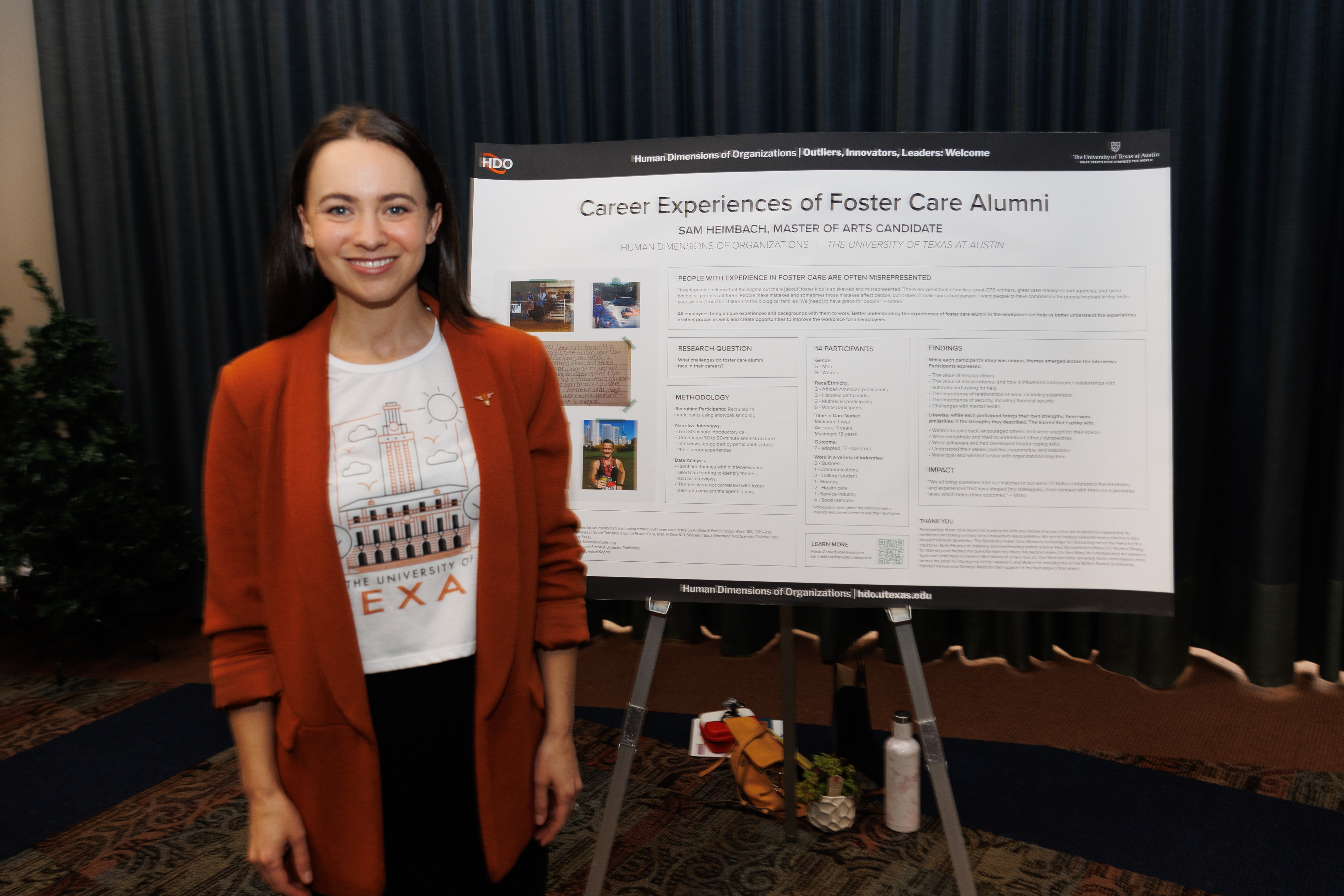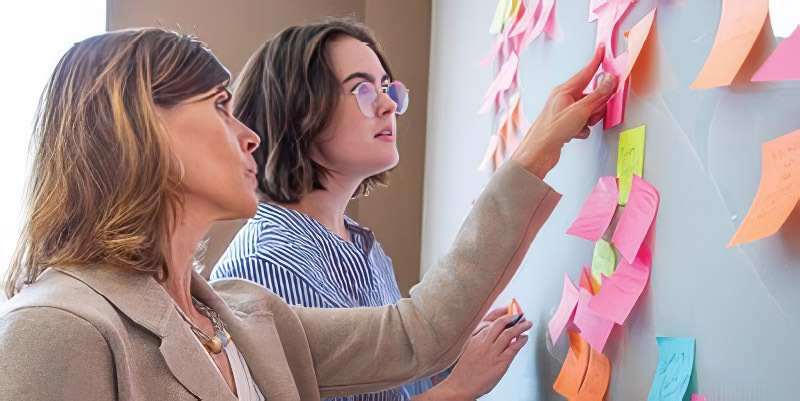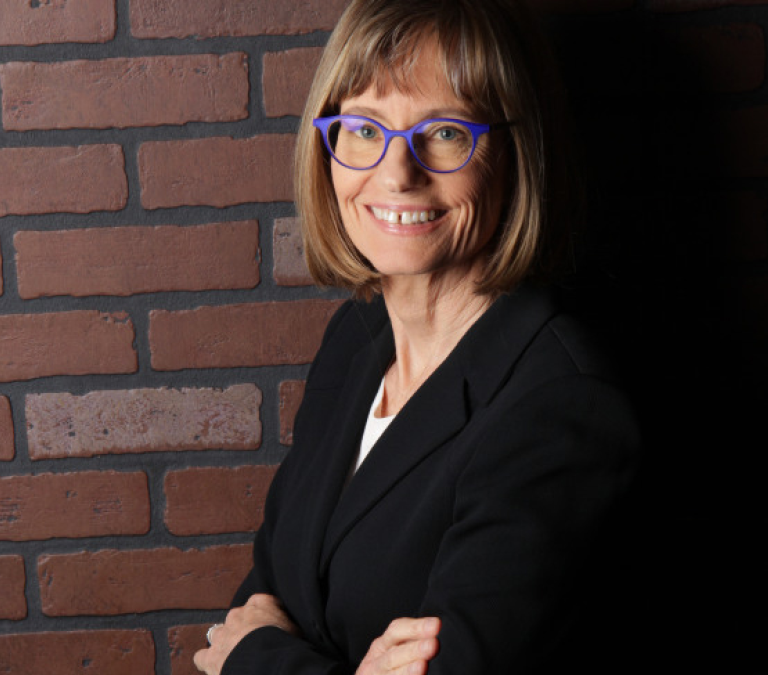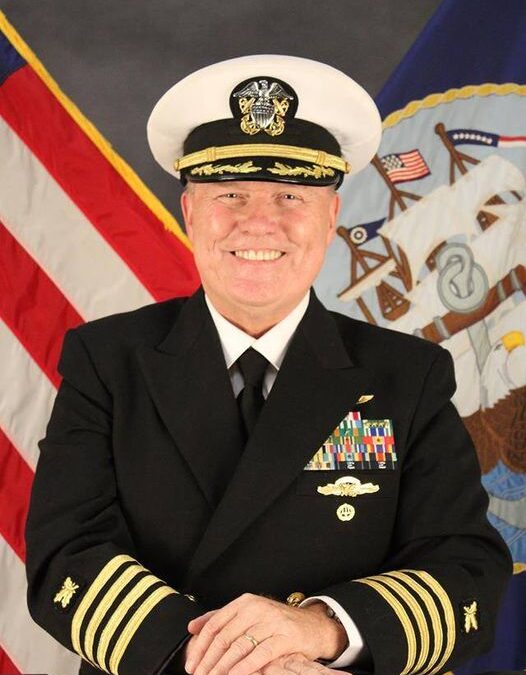In the Loop

Categories
Stay In the Loop with HDO!
Learn about our blog and sign up to receive our monthly newsletter. ➞
The Whole Truth of Failure Can Transform Your Work Life
This is the third and final article in our 3-part blog series, The Hidden Superpowers of Failure, featuring HDO Faculty Member, Becca North. Last...

Failure Extracts Truth Out of Us Like Truth Serum
This is the second article in our 3-part blog series, The Hidden Superpowers of Failure, featuring HDO Faculty Member, Becca North. Last week we...

Meet Sam Heimbach: An Inspiring Journey Through HDO
As an Assistant Professor of Practice at Texas State University, Sam Heimbach stands as a testament to the transformative power of education....

Why Breaking the Stigma of Failure Could Be Our Greatest Asset
This is the first article in our 3-part blog series, The Hidden Superpowers of Failure, featuring HDO Faculty Member, Becca North.When Grammy...

Teamwork Doesn’t Always Make the Dream Work
When is it best to tackle a problem or project with a group? Does working alone lead to greater creativity? What are the benefits and downsides to...

Harnessing the Power of Collaboration, Empathy, and Practical Training to Navigate Change
Maria McCauley's journey with the Human Dimensions of Organizations (HDO) program is a testament to the transformative power of experiential...

The Art of Business Relationships
Tools and Techniques for Improving External Business Relationships"Questions become the currency to both capture information, and also, to build...

Creative and curious, HDO graduate students celebrate differences, innovation
Longtime adviser reflects on the HDO ‘magic’ Featuring: Elizabeth Keating, Ph.D.Professor, Department of AnthropologyProfessor, HDO “Adventurous!”...

Announcing the In the Loop Newsletter
In the monthly newsletter In the Loop, we will be highlighting blog articles from this blog, as well as student success stories, upcoming courses...

Alumni Spotlight: Peter Lawless
With two graduate degrees already achieved, a desire to grasp the most difficult element of the workplace (people) challenged a Navy officer to...
